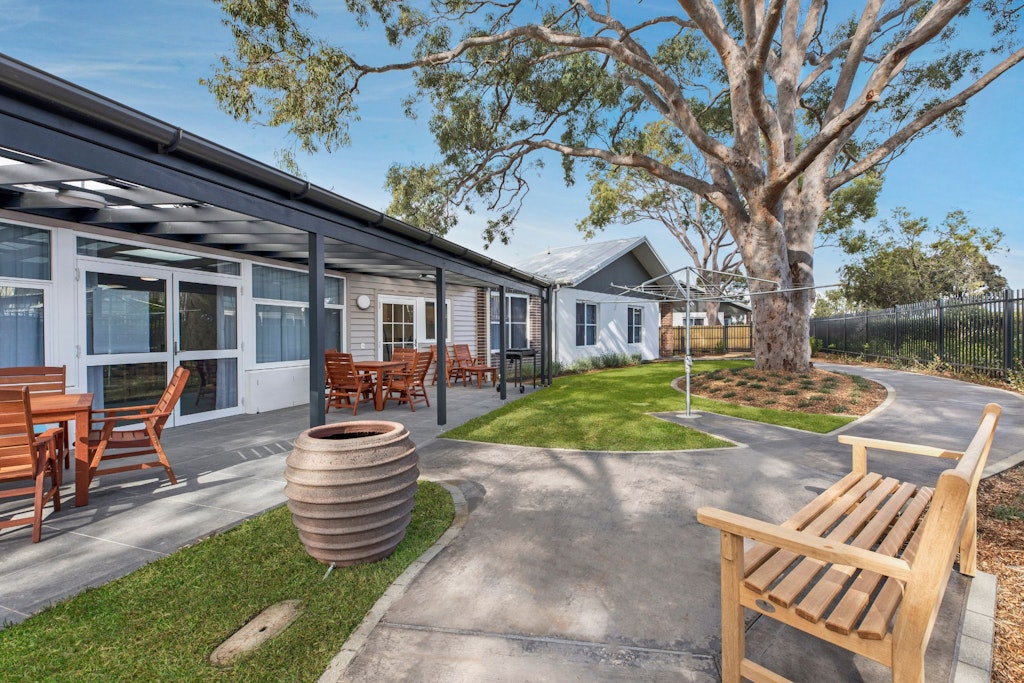Aged care is set to change in 2025… Ready for the redesign?
Published on 3 May 2023 (Last updated on 4 August 2023)

The Government’s response to the Royal Commission into Aged Care Quality and Safety set the wheels in motion for change, but while consultations are still underway and frameworks are being developed, the already regulatory-heavy sector is set to change.
The built environment in residential aged care has fallen under the spotlight, with recommendation 45c in the Government’s response, which reads:
“Advancing to the National Federation Reform Council (NFRC) by 1 July 2025 a proposal for any amendments to Class 9c of the National Construction Code (NCC) to reflect accessible and dementia-friendly design standards for new residential aged care buildings, or those proposed to be substantially refurbished, according to specifications informed by the National Aged Care Design Principles and Guidelines.”
The NFRC is composed of the Prime Minister, Premiers, Chief Ministers, Treasurers and President of the Australian Local Government Association.
Aged care providers got their first look at the guidelines in March at Australian Healthcare Week, held in Sydney.

Robert Day, Department of Health and Aged Care Assistant Secretary of Dementia, Diversity and Design, revealed the guidelines, which were developed over 18 months, would consist of 4 design principles, 31 design guidelines and 221 implementation checklist items.
Although the Royal Commission initially expressed approval towards voluntary adoption of NCC design standards amendments, they also noted that for effective change to take place, the standards would need to be adopted sooner rather than later.
The Dementia Centre at HammondCare has announced an intensive 2-day dementia design course taking place in two locations in Australia for providers and management to get ahead of these changes in facility design.
“The message we’re sending is that good dementia design is important to quality of life and this program provides an opportunity to get ahead of the changes before they become mandatory,” said Marie Alford, Head of Professional Services at Dementia Centre, HammondCare.
“Providers will need to be looking at these guidelines, not only for accreditation, but ultimately to provide the best quality of life for the people in their care.”
The Dementia Design School will be held at HammondCare, NSW (June 14 – 15, 2023) and HammondCare Daw Park, SA (August 10 – 11, 2023), with the aim of upskilling providers to create familiar, home-like spaces that enable people.
“The learning outcomes are linked to the new guidelines. In practical terms, people attending the course will be able to refer to design principles and features in relation to relevant decisions about their homes or the people that use them, and make more informed choices,” said Daniel Jameson, Design Lead at the Dementia Centre and key presenter at the school.
“All care staff need to understand the impact design can have on residents. If a care home is familiar and homelike, residents will be more at ease, and this has been shown to reduce some of the common behaviours and psychological symptoms of dementia.”
Attendees will be able to tour Hammondville, the home of Australia’s first dementia cottage, or attend at the brand-new purpose-built dementia village at HammondCare’s Daw Park facility in Adelaide.
“The framework is taking the industry from a point where there is a lack of regulation and direction to a place where best practice becomes the norm. This is where getting to see and feel one of these purposefully designed cottages is so important, as evidence and best practice informed the design and build from the start,” added Ms Alford.
The cottage-style model which HammondCare revolutionised in 1996 was a key point of interest for the Royal Commission and the Government response, given its accessibility and well-documented benefits for dementia care.
More than half of all people living in residential aged care have been diagnosed with some form of dementia.
“Along with the practical benefits of meeting quality and safety standards, these guidelines enable you to make aged care a better place to live and a better place to work.”
For more information, please check out the Dementia Centre’s Dementia Design School and voice your interest in designing a better future, for better care.